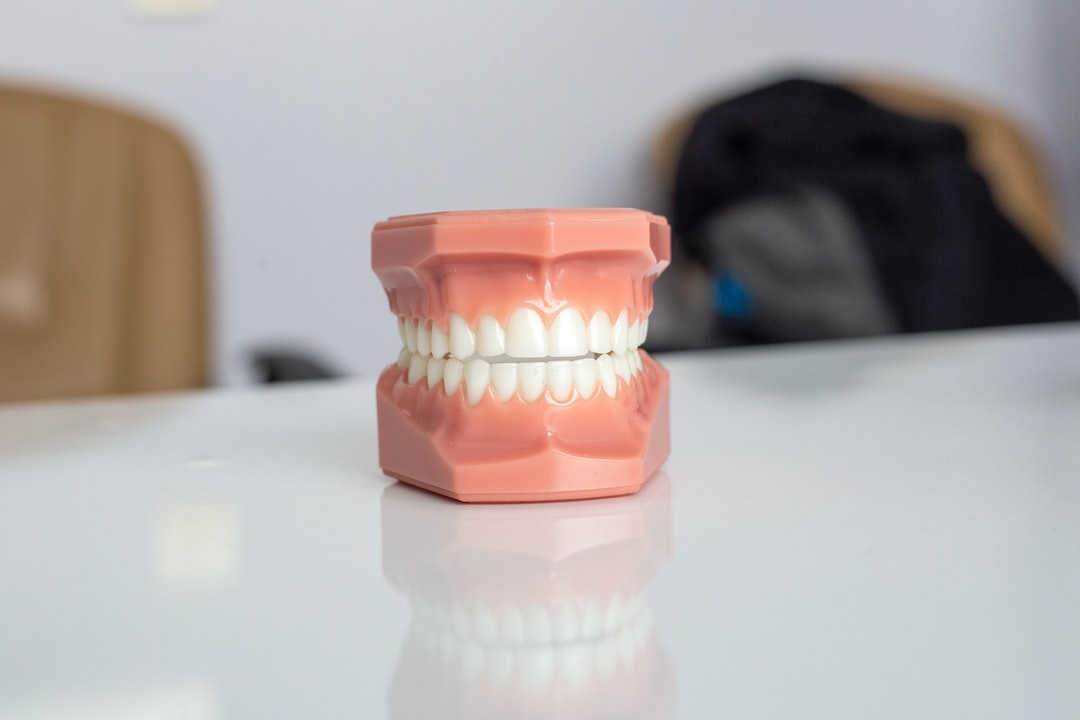Getting a good night’s sleep is essential for our overall health and well-being. However, in today’s fast-paced world, getting quality sleep can sometimes be a challenge. If you find yourself tossing and turning at night, struggling to fall asleep, or waking up feeling tired and groggy, here are some simple tips that can help you achieve a perfect night’s sleep.
Firstly, establish a bedtime routine. Going to bed and waking up at the same time every day, even on weekends, can help regulate your body’s internal clock. This consistency trains your body to know when it’s time to wind down and when it’s time to wake up. Incorporate relaxing activities into your routine such as reading a book, taking a warm bath, or practicing deep breathing exercises to calm your mind and prepare your body for sleep.
Creating a comfortable sleep environment is also crucial. Ensure that your bedroom is cool, quiet, and dark. Consider investing in blackout curtains or an eye mask to eliminate any light disturbances that might interfere with your sleep. Additionally, use a supportive and comfortable mattress and pillows that suit your personal preferences. The right bedding and temperature can significantly improve the quality of your sleep.
Another tip is to limit exposure to blue light before bed. The blue light emitted by electronic devices such as phones, tablets, and computers can interfere with your sleep-wake cycle. Try to avoid using these devices at least one hour before bed and consider using a blue light blocker or using the “night mode” setting if you need to use them. Instead of scrolling through social media or watching videos, engage in relaxing activities such as reading a book or listening to calming music.
Regular exercise is not only beneficial for your physical health but also for promoting better sleep. Engaging in physical activity, especially during the day, can help regulate your body’s circadian rhythm and promote a more restful sleep at night. However, it’s important to note that exercising too close to bedtime can have a stimulating effect, so try to finish your workout at least a few hours before bed.
Lastly, take care of your overall health, including your dental hygiene. Regular dental check-ups and maintenance can help prevent dental issues that may cause discomfort and disrupt your sleep. Being aware of dental clinic price lists can also help you financially plan for your dental visits and make it easier to access the necessary dental care.
In conclusion, achieving a perfect night’s sleep is possible with a few simple tips. Establishing a consistent bedtime routine, creating a comfortable sleep environment, limiting exposure to blue light, exercising regularly, and prioritizing your overall health, including dental care, can all contribute to a better quality of sleep. With these tips in mind, you can wake up feeling refreshed and ready to tackle the day ahead.


